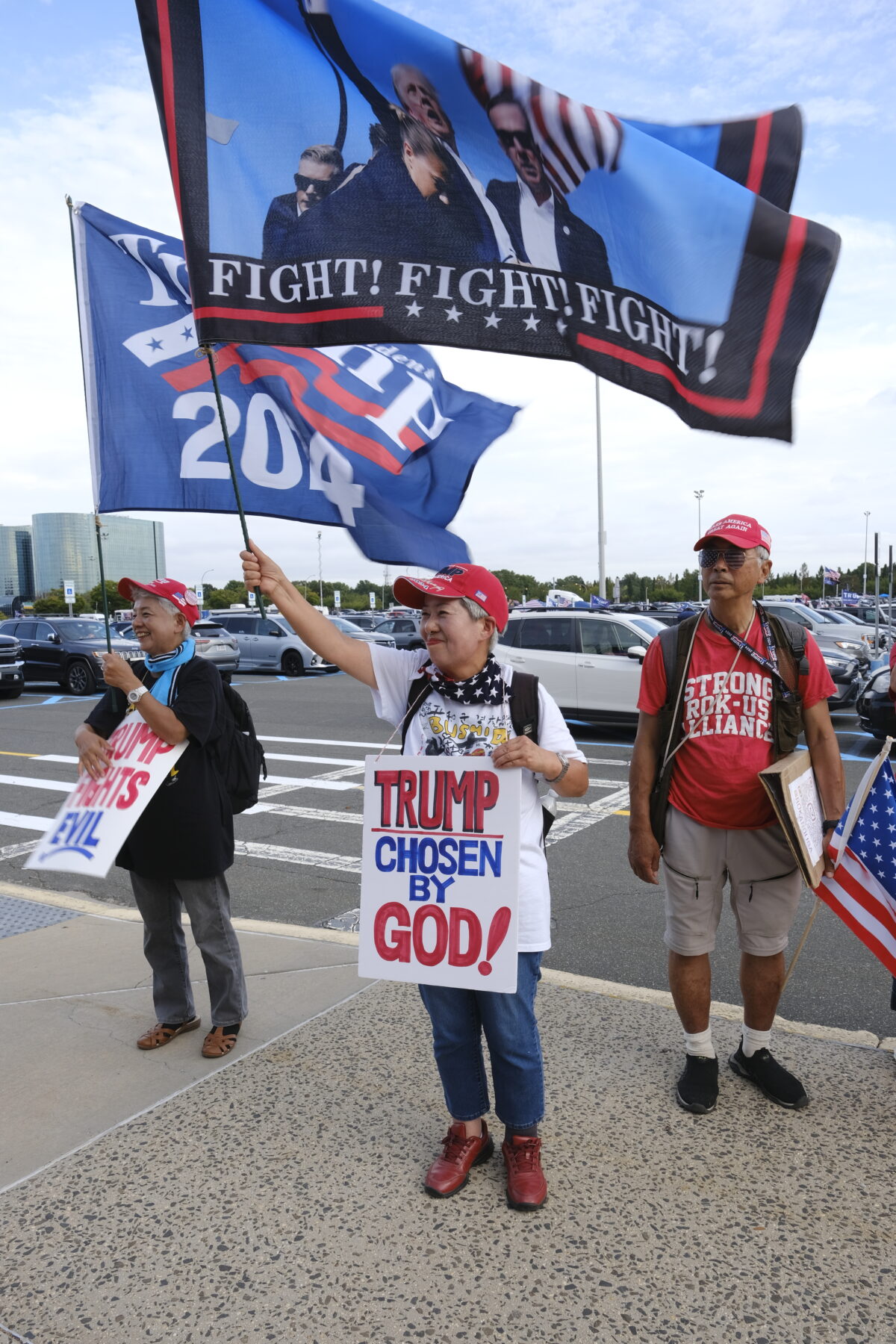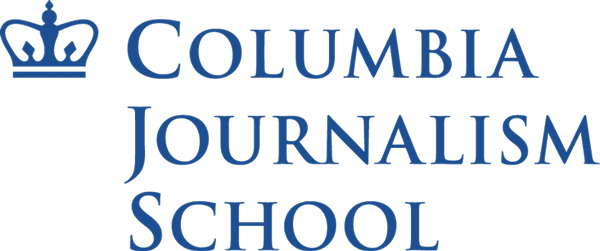 At a Trump rally in Long Island in September, an elderly woman who was born in Japan held a sign that read “Trump Chosen By God.” Next to her, a younger Japanese woman handed out fliers for an organization called “Japanese Americans for Trump.”
At a Trump rally in Long Island in September, an elderly woman who was born in Japan held a sign that read “Trump Chosen By God.” Next to her, a younger Japanese woman handed out fliers for an organization called “Japanese Americans for Trump.”
They are two of the tens of millions of Americans who immigrated to the United States from other countries and became naturalized citizens—and who plan to vote for Donald Trump.
This election cycle, 3.5 million newly naturalized American citizens will be eligible to vote for the first time. Though naturalized voters trail US-born voters in overall turnout, when broken down by race and ethnicity, naturalized citizens of Asian descent cast ballots at higher rates than those born in the U.S.
Although Asian Americans tend to vote Democrat, with 65% voting for Hillary in 2016 and 71% voting for Obama in 2012, in New York, 37% of registered Asian American voters in a June poll did not identify with either party.
But for some, the Republican Party has significant appeal. A highly religious group, Japanese Americans for Trump believe Trump has been “chosen by God not only to make America great again but to restore God’s justice, prosperity, and peace,” according to one of its promotional fliers.
 One canvasser for Japanese Americans for Trump was Max, a second-generation Japanese American who only gave his first name because he was skipping work to attend the rally. Max was drawn in by Trump’s promises to implement stricter border control.
One canvasser for Japanese Americans for Trump was Max, a second-generation Japanese American who only gave his first name because he was skipping work to attend the rally. Max was drawn in by Trump’s promises to implement stricter border control.
“With a tougher border policy, people would assume I have a right to be here, rather than attacking me on the street,” he said after revealing that two white men did that to him in Manhattan in October 2020.
According to a 2018 analysis of FBI data, there was a spike in hate crimes following Trump’s election in 2016. This rise in hate crime was concentrated in counties where Trump won by larger margins. It was also the second largest spike in hate crime in 25 years, second only to the spike following the 9/11 attacks in 2001.
Max said Japan, where some of his relatives still live, would be safer and more prosperous under a Trump presidency. He said Trump would be a better negotiator with major powers in the region, such as China.
In Japan, there has been a perception that a Republican America is “good” for Japan, and a Democratic America is “bad” for Japan, Paul Nadeau, an adjunct assistant professor at Temple University’s campus in Japan, wrote last week in an editorial in the Tokyo Review.
One of the biggest issues for Japanese American voters is America’s policy toward China. While Trump has alternatively praised and demonized China, in an April 2024 interview with Fox News he threatened to escalate the trade war he began as president with a 60% tariff on imported Chinese goods.
Harris has said that, unlike Trump, she doesn’t seek conflict and is intent on “maintain(ing) open lines of communication to responsibly manage the competition between our countries.”
“It’s not about pulling out, but it is about ensuring we are protecting American interests,” Harris said in a 2023 interview with “Face the Nation,” in reference to China’s recent economic downturn.
 Asian-American voters are divided
Asian-American voters are divided
Unlike some Japanese Americans, Indian Americans are one of the most liberal Asian American communities, with 68 percent of Indian-American registered voters identifying as Democrats or Democrat-leaning, according to a Pew Research Center study.
Yet some Indian Americans say the opportunity to vote for Harris—a woman of Indian descent—is a mixed blessing. Akash Chander Gupta, a 20-year-old second-generation Indian-American, is voting for the first time this election cycle.
“While I’m happy to vote for an Indian-American, it’s not the main factor in why I’m voting for her,” Gupta said.
After a white man shot and killed eight people in an attack targeting Asian American women in Gupta’s hometown of Atlanta in 2021, Gupta wants to vote for a candidate who prioritizes “basic human safety” by tightening gun laws and expanding abortion rights. This is a stance that he says multiple generations of his family share.
While Gupta experiences political parity with older generations, the same is not true for all immigrant groups. Second-generation immigrants tend to be more liberal than their first-generation counterparts.
While the second generation’s relative youth may contribute to their liberal leanings, Ilya Somin, a law professor at George Mason University, believes that first-generation immigrants have taken on right-wing stances to better assimilate.
This trend is most pronounced in attitudes toward abortion. In a March 2004 study by Pew, only 14 percent of first-generation immigrants thought that abortion was “acceptable” compared to 33 percent of second-generation immigrants.
However, this trend is flipped when it comes to attitudes towards immigration. When asked whether illegal immigration helps the economy, 81 percent of first-generation immigrants agreed with this statement, versus 57 percent of second-generation immigrants.
Since April, former President Trump has said he believes abortion legislation should be “left up to the states” and has told reporters that he wouldn’t sign a national abortion ban. But during his presidency, Trump endorsed a 20-week national abortion ban that House Republicans backed. Before his 2024 campaign, Trump also toyed with a 15- or 16-week federal abortion ban.
During her time as a state senator in California, Harris consistently voted for in support of abortion rights—a stance she has made central to her campaign.
The results of the Nov. 5 election could reveal whether the political divide between the immigrants and their children and grandchildren has continued to grow. Alexis Hsieh, whose father immigrated to the U.S. from Taiwan, said her liberal views differ from those of her father.
“My dad is so ingrained in American culture, and, I feel like his politics have naturally followed,” Hsieh said. “I fundamentally believe that the police are corrupt and we should avoid conflict at all costs—and it’s not a view he feels he can share.”
(Photo credit: Claudia Rossel)
About the author(s)
Hope Talbot is a multimedia freelance journalist and MS candidate at the Columbia Journalism School. She previously wrote for The Independent, The Daily Dot and Euronews.



